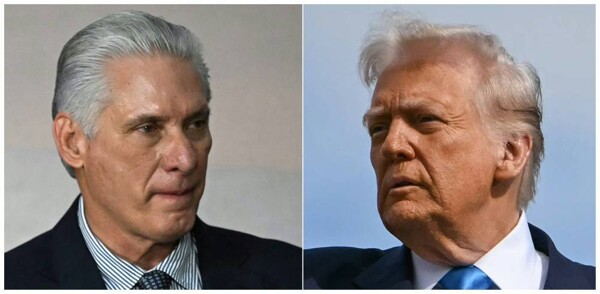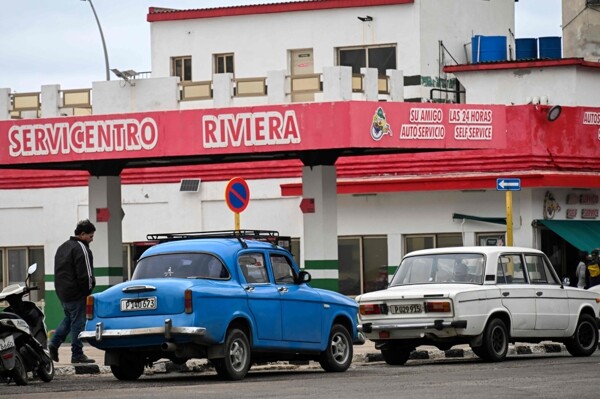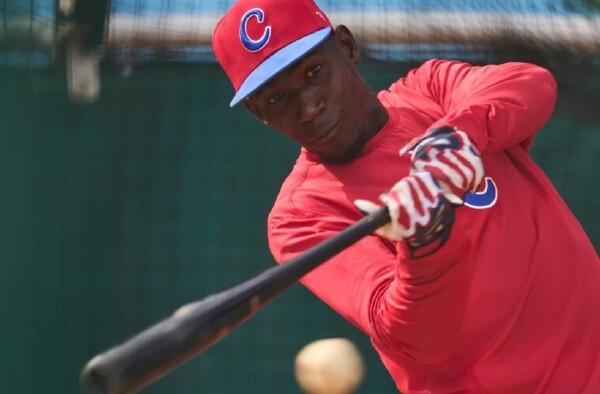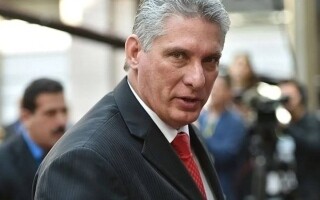
President Donald Trump signed a new anti-immigration law called Laken Riley, during which he announced that up to 30,000 undocumented immigrants would be confined at the Guantanamo military base in Cuba. According to the president, this measure would help stop the "worst criminal illegal immigrants" who pose a threat to American citizens.
Trump declared: "We have 30,000 beds in Guantanamo to detain the worst criminal illegal immigrants who threaten our people. It will save countless innocent American lives". The signed executive order consisted of only four paragraphs and included the possibility of deporting immigrants accused of serious crimes without following the due legal process of a trial.
The proposal to transfer detainees to Guantanamo generated criticism and rejection from the president of Cuba, Miguel Díaz-Canel. Officials explained that currently the military base does not have the capacity or necessary resources to accommodate an additional 30,000 people, which poses a significant logistical challenge.
The Secretary of Homeland Security (DHS), Kristi Noem, noted that additional infrastructure would be required to meet the proposed measure. The White House argued that this action was necessary to stop the uncontrolled influx of immigrants at the border and combat criminal cartels.
The new anti-immigration law Laken Riley, named in honor of a student killed by an undocumented immigrant, represents a significant step in U.S. immigration policy. The regulation facilitates the deportation of immigrants for committing minor crimes and seeks to strengthen border security, allowing states to sue the federal government in case of failure to uphold border protection. Trump stated that it would apply to the "worst of the worst" among the detainees, who are considered dangerous even by their own countries of origin.














